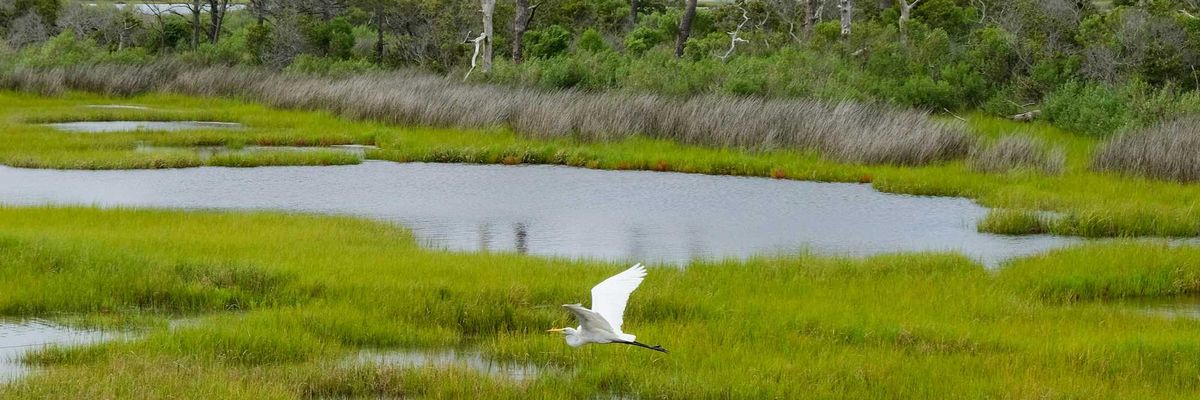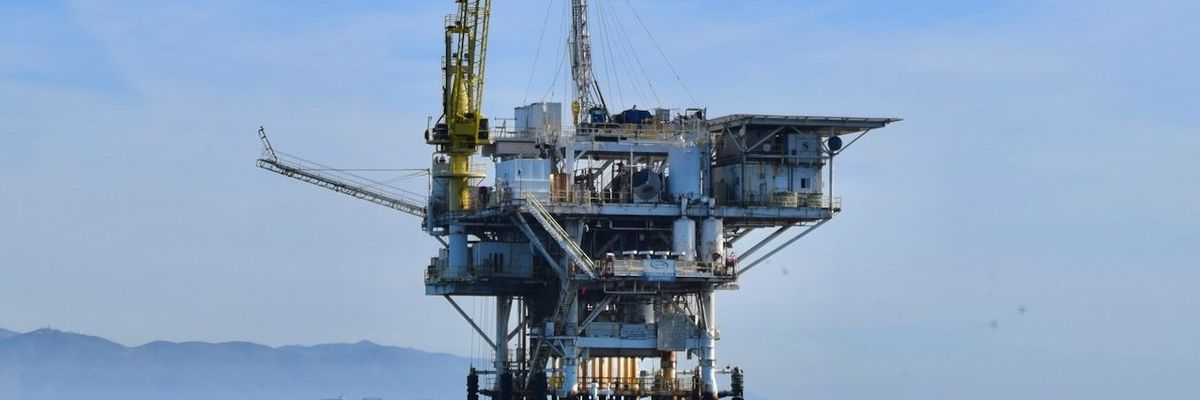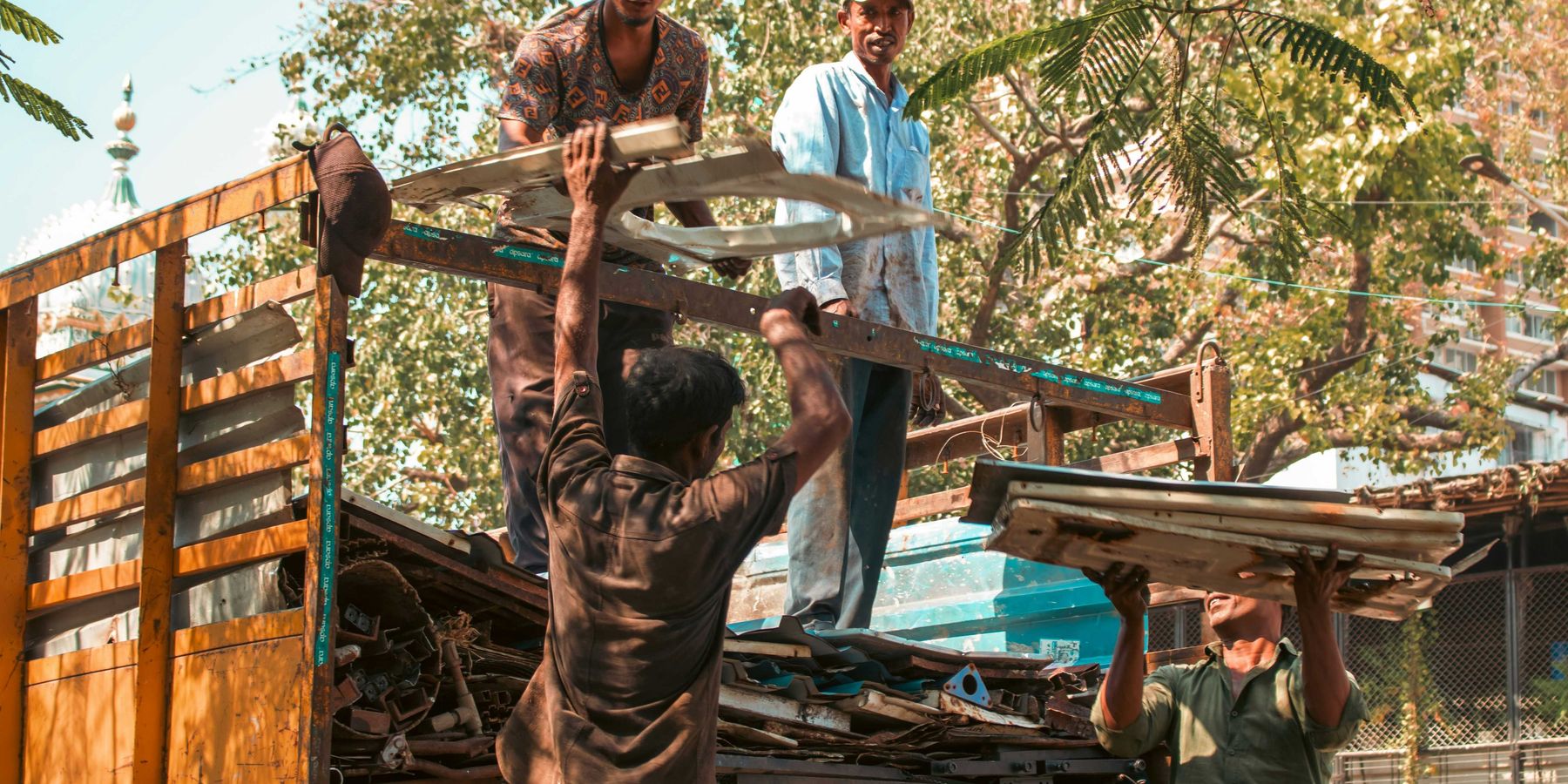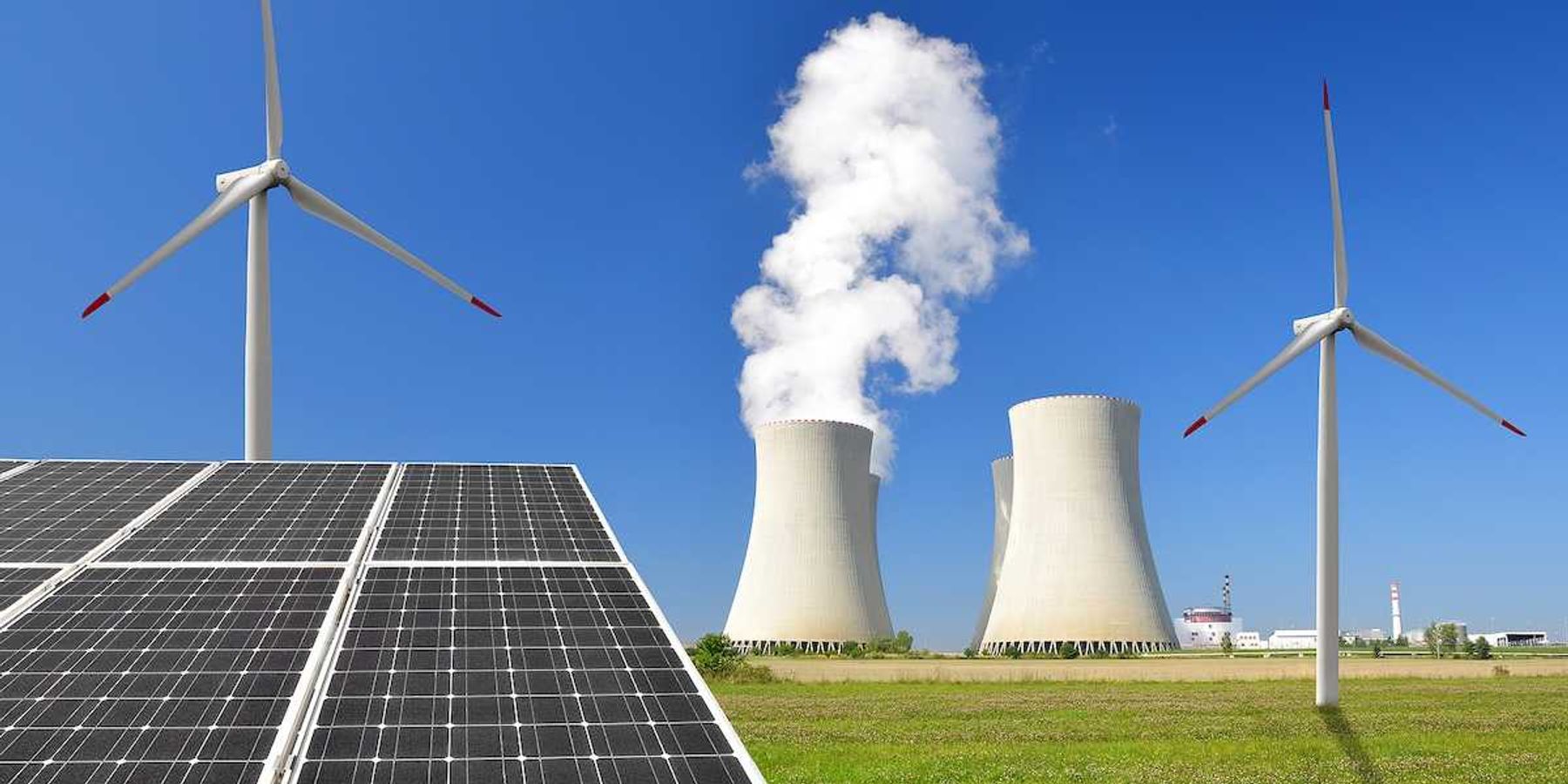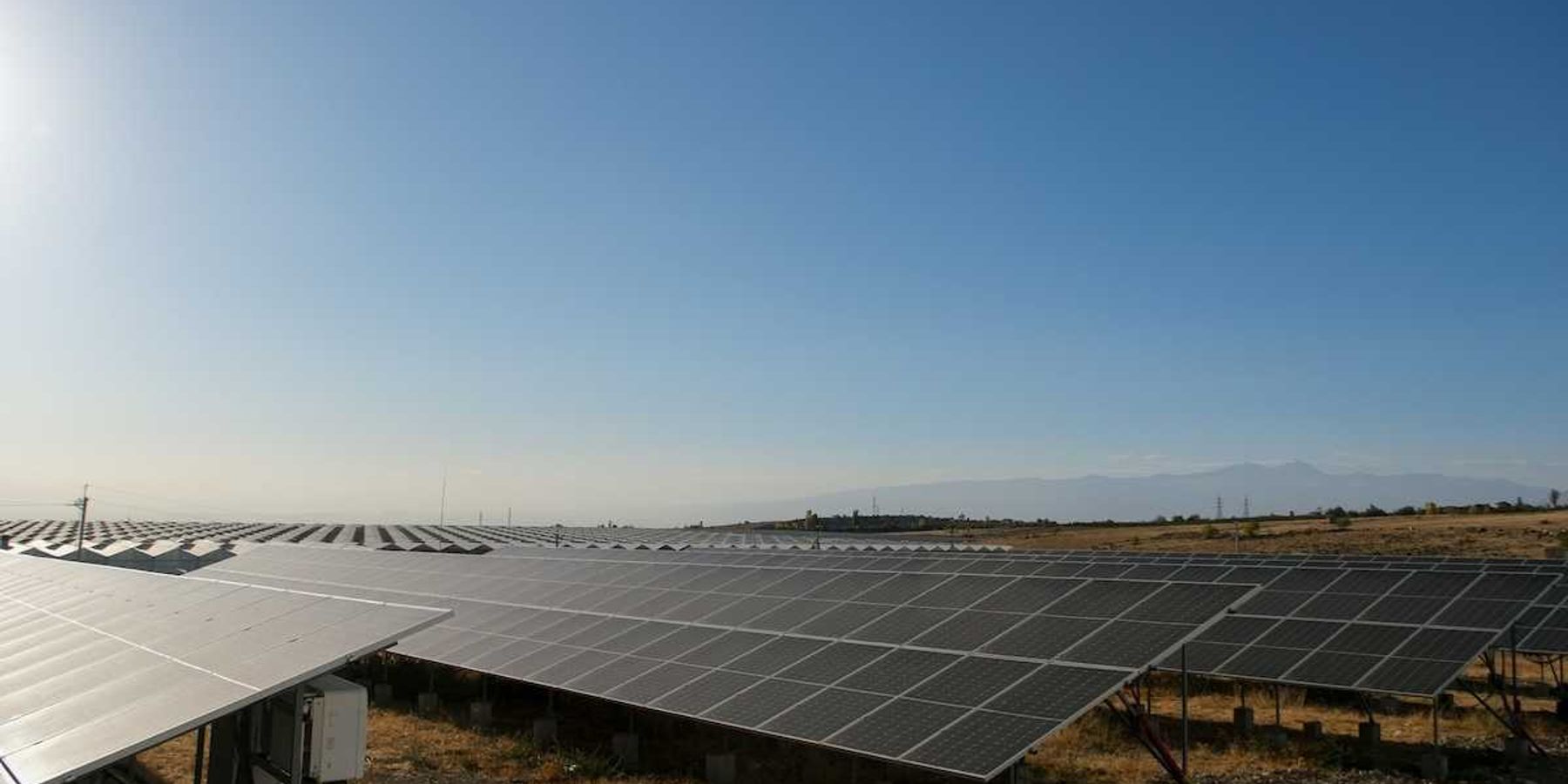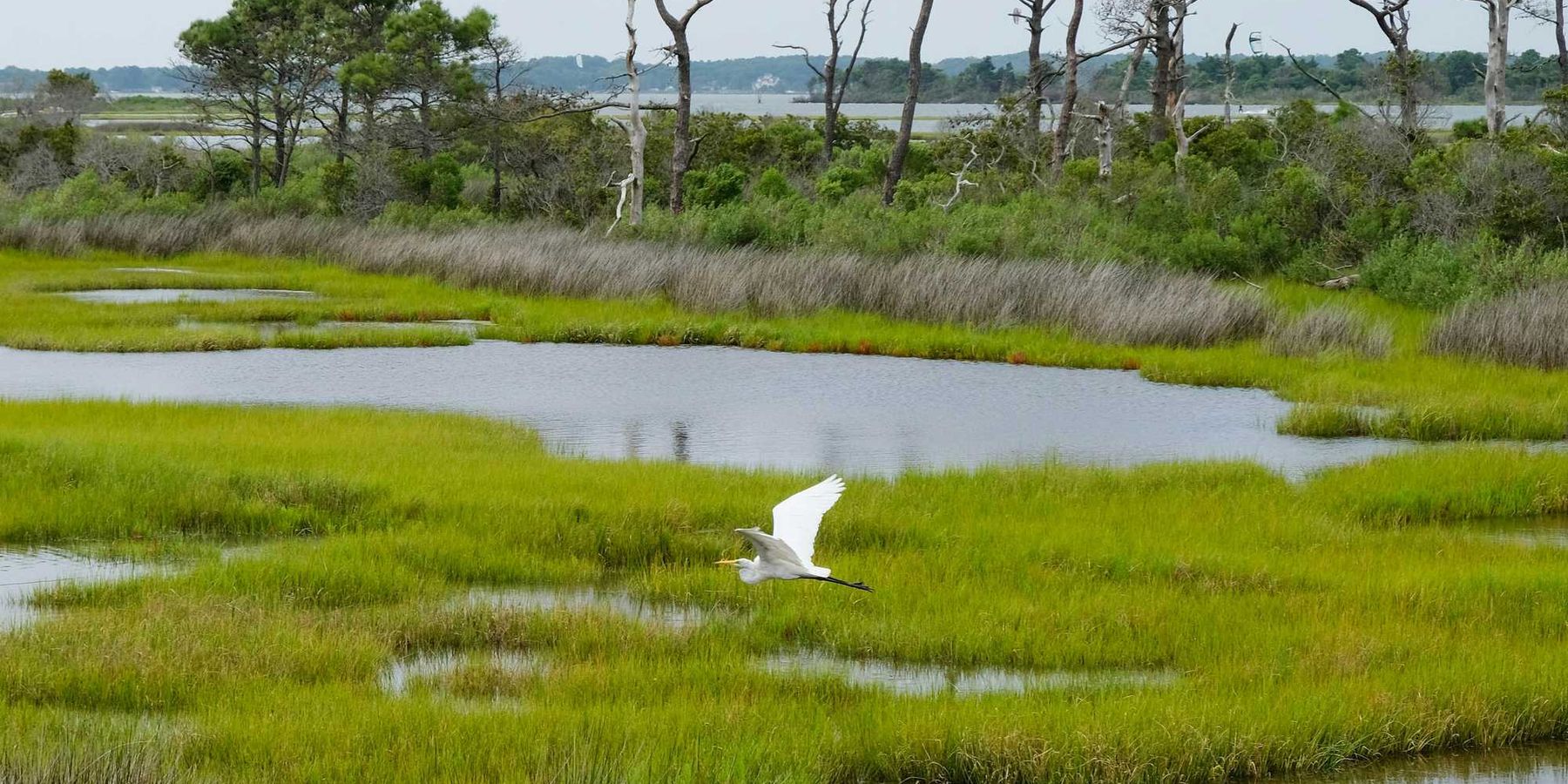salt fork state park
Fracking changes the landscape near Ohio's Salt Fork State Park
Residents near Ohio's largest state park face changes as fracking expands, altering the region's character.
In short:
- Terri Sabo, a local resident since 1983, expresses concern over the transformation of Guernsey County, Ohio, due to fracking-related industrialization.
- Recent state laws have expedited the leasing process for fracking in state parks, with multiple parcels near Salt Fork now contracted to energy companies.
- FracTracker Alliance reports over 1,400 fracking incidents in Ohio, with significant local opposition to increased industrial activity.
Key quote:
"I'm past the sadness. I'm into acceptance now. And it's gonna happen."
— Terri Sabo, local resident and activist.
Why this matters:
The alteration of landscapes and potential for spills and leaks of fracking fluids can disrupt local ecosystems, harm wildlife and endanger species dependent on pristine environments.
A 2021EHN scientific investigation found that western Pennsylvania families near fracking were exposed to harmful chemicals, and regulations failed to protect communities' mental, physical and social health.
Activists rally to prevent fracking under Ohio’s Salt Fork State Park
Activists are fighting against a new law that requires state agencies to consider proposals to drill for oil and gas under Ohio’s public lands, writes Julie Grant in the Allegheny Front.
In a nutshell:
The law, signed by Governor DeWine in January, requires agencies to lease state lands for oil and natural gas production. The move has sparked outrage among environmentalists who argue that public consent was not obtained and that continued fossil fuel exploitation will have dire consequences for humanity.
Key quote:
“Make no mistake, the decision has been made without the consent of the public to whom these lands belong and against the desperate warnings of scientists that our continued exploitation of fossil fuels will send the human race to its grave,” said Aaron Dunbar, of Mid-Ohio Valley Climate Action.
The big picture:
Fracking, a method of extracting oil and natural gas from deep underground, continues to raise serious concerns about its health and ecological impacts. The process involves injecting vast amounts of water, sand, and chemicals into the ground to fracture rocks and release the fossil fuels trapped within. This extraction technique has been linked to various health issues, including respiratory problems and contaminated drinking water sources near fracking sites. The release of methane, a potent greenhouse gas, during fracking operations contributes significantly to climate change, exacerbating global warming and its associated ecological disruptions. As activists rally against the proposed fracking in Ohio's state parks, the debate over the potential dangers of this practice remains a crucial issue in environmental discourse.
Read more at the Allegheny Front.
For more information about how fracking chemicals harm human health in Kristina Marusic's excellent series: Fractured: The body burden of living near fracking.
Activists rally to prevent fracking under Ohio’s Salt Fork State Park
Activists who want to prevent fracking in Ohio’s state parks are trying to rally more people to their cause. They’re fighting against a new law that requires the state to consider proposals to drill for oil and natural gas under Ohio’s public lands.

